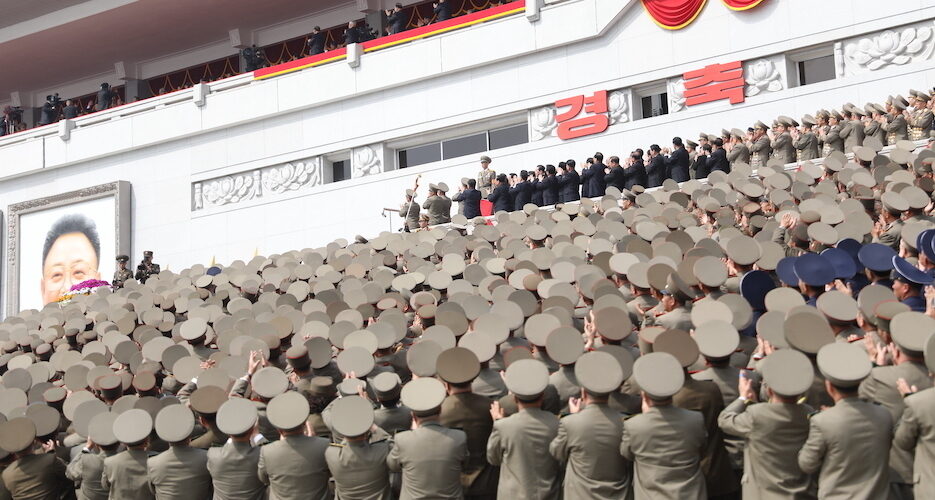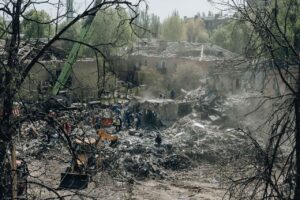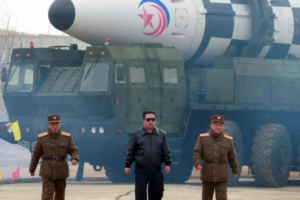The North Korean leadership likely views the U.S. withdrawal from Afghanistan as a positive development for its strategic ambitions.
Since the inception of the DPRK in 1948, Pyongyang has officially claimed to be the legitimate government of the entire Korean Peninsula and officially pursues reunification as an inter-Korean policy goal. Despite the rapid development of South Korea’s economy and military, the North has not abandoned its goal of reunification under its terms. The withdrawal of U.S. forces from Afghanistan may signal to Pyongyang that the U.S. military presence in South Korea is not forever and reinvigorate the idea of a red star flag flying over Seoul.
The North Korean leadership likely views the U.S. withdrawal from Afghanistan as a positive development for its strategic ambitions.
Since the inception of the DPRK in 1948, Pyongyang has officially claimed to be the legitimate government of the entire Korean Peninsula and officially pursues reunification as an inter-Korean policy goal. Despite the rapid development of South Korea’s economy and military, the North has not abandoned its goal of reunification under its terms. The withdrawal of U.S. forces from Afghanistan may signal to Pyongyang that the U.S. military presence in South Korea is not forever and reinvigorate the idea of a red star flag flying over Seoul.
Try unlimited access
Only $1 for four weeks
-
Unlimited access to all of NK News: reporting, investigations, analysis
-
Year-one discount if you continue past $1 trial period
-
The NK News Daily Update, an email newsletter to keep you in the loop
-
Searchable archive of all content, photo galleries, special columns
-
Contact NK News reporters with tips or requests for reporting
Get unlimited access to all NK News content, including original reporting, investigations, and analyses by our team of DPRK experts.
Subscribe
now
All major cards accepted. No commitments – you can cancel any time.










